Andy Malkinson: review body to examine its role in case
- Published
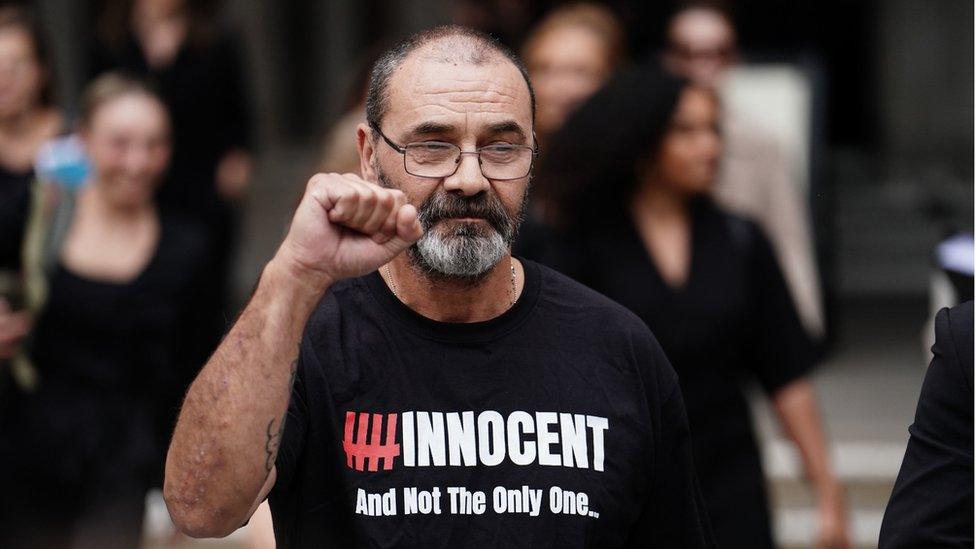
Andrew Malkinson's conviction was overturned by the Court of Appeal last month
The body which looks into potential miscarriages of justice will review how it handled the case of Andy Malkinson, who spent 17 years in prison after his wrongful conviction for rape.
The Criminal Cases Review Commission's (CCRC) decision came after mounting pressure from leading legal figures.
Critics say that it could have asked judges to quash his conviction as early as 2009, after DNA evidence of the probable attacker emerged.
Mr Malkinson wants a public inquiry.
His conviction was only overturned last month, 20 years after he was arrested.
He was jailed for life after a trial in 2004 but was denied an earlier release on license because he refused to accept he was guilty.
The Court of Appeal quashed the 57-year-old's conviction after the Crown Prosecution Service (CPS) accepted that DNA obtained from the victim's clothing in 2007 - but never fully and repeatedly tested for matches - pointed to another man who has since been arrested.
Mr Malkinson had twice applied for his case to be referred for appeal by the CCRC.
Documents revealed on Wednesday by BBC News show forensic scientists discovered the critical DNA profile four years after Mr Malkinson was jailed - and prosecutors then acknowledged it was important new evidence.
Despite that finding, the CCRC refused to commission further testing to fully investigate the DNA, telling Mr Malkinson there was nothing to be gained.
On Thursday morning Lord Thomas, the former Lord Chief Justice of England and Wales, became the most senior legal figure to call for urgent answers into what had happened, telling BBC Radio 4 Today programme there needed to be "urgent answers".
Hours later, the CCRC announced there would be a review. That decision came after its chairwoman Helen Pitcher met Justice Secretary Alex Chalk.
The Commission has previously defended why it twice rejected Mr Malkinson's case - but in a statement on Thursday afternoon , it said it had "long recognised" there needed to be a review.
An experienced senior barrister will look at the two previous decisions. But the Commission has declined to say whether they will be allowed to question investigators and managers over their decisions.
In its statement, the CCRC said it would be as open as possible with the findings but there could be legal restrictions on what it could say.
A spokesman said: "A review into the decisions taken in Mr Malkinson's case couldn't be started until we had the judgment from the Court of Appeal, but we have long recognised that it would be important to have one.
"This is a complex case in which many elements have informed the decisions taken."
Mr Malkinson has called on the CCRC's chair Helen Pitcher to resign - and more than 140,000 people have signed a petition urging her to apologise. She's declined BBC requests for an interview.
Responding to the CCRC announcement, Mr Malkinson said the CCRC's review was not enough.
"There is need for a statutory public inquiry into the role of all state agencies in my case," he said.
"This inquiry needs the power to compel disclosure, so that I can finally understand what went so wrong.
"I call on [Justice Secretary] Alex Chalk to establish a public inquiry into the Criminal Cases Review Commission, Greater Manchester Police and the Crown Prosecution Service, and their respective roles in my wrongful conviction as well as why it took so many years to overturn it."
Emily Bolton, the head of Mr Malkinson's legal team at the charity APPEAL, said her client must be allowed to meet the barrister leading the review and have a say in what it will do.
The CCRC looks into criminal cases where people believe they have been wrongly convicted or wrongly sentenced.
These cases are for people who have already lost their appeal. If the body finds something wrong with the conviction or sentence, it will send the case back to the Court of Appeal.
- Published16 August 2023
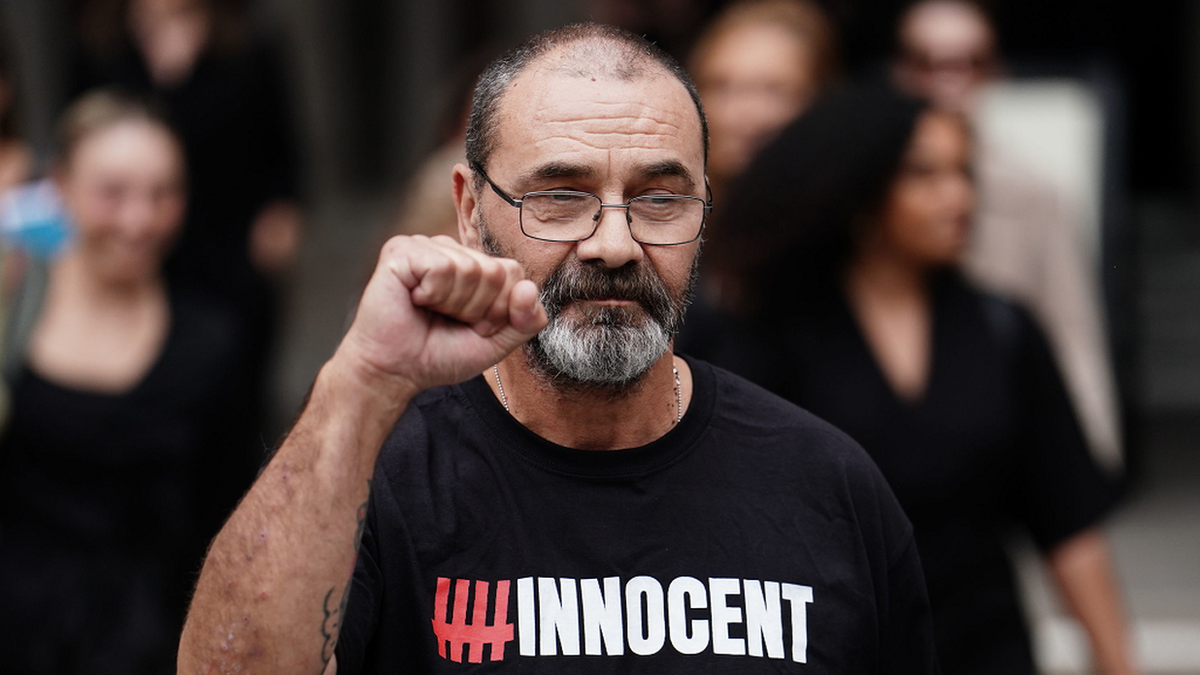
- Published16 August 2023
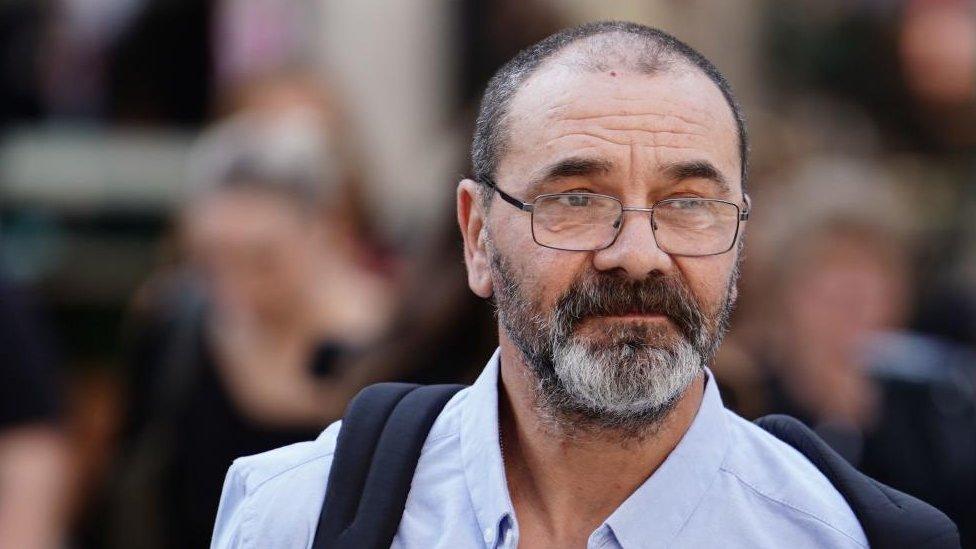
- Published6 August 2023
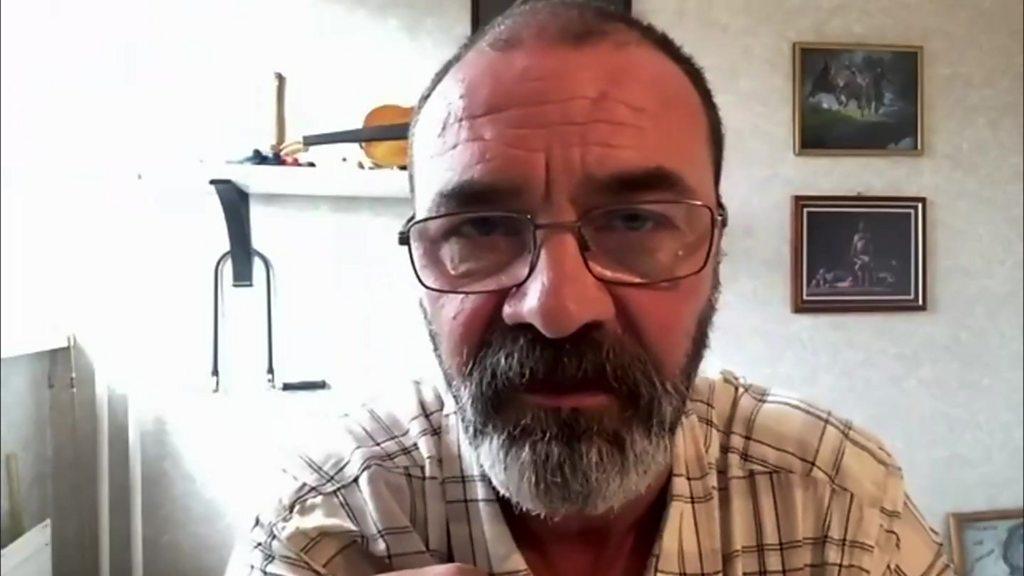
- Published31 July 2023
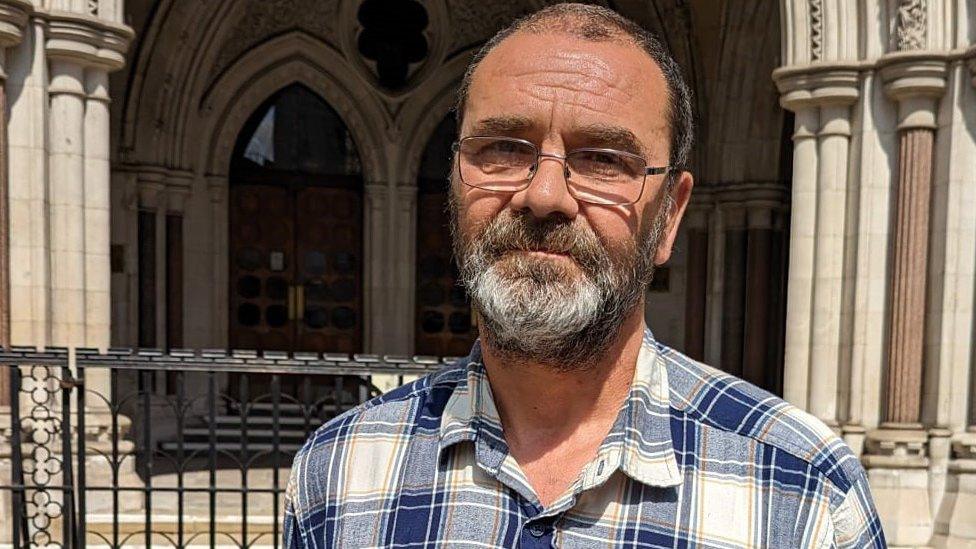
- Published27 July 2023
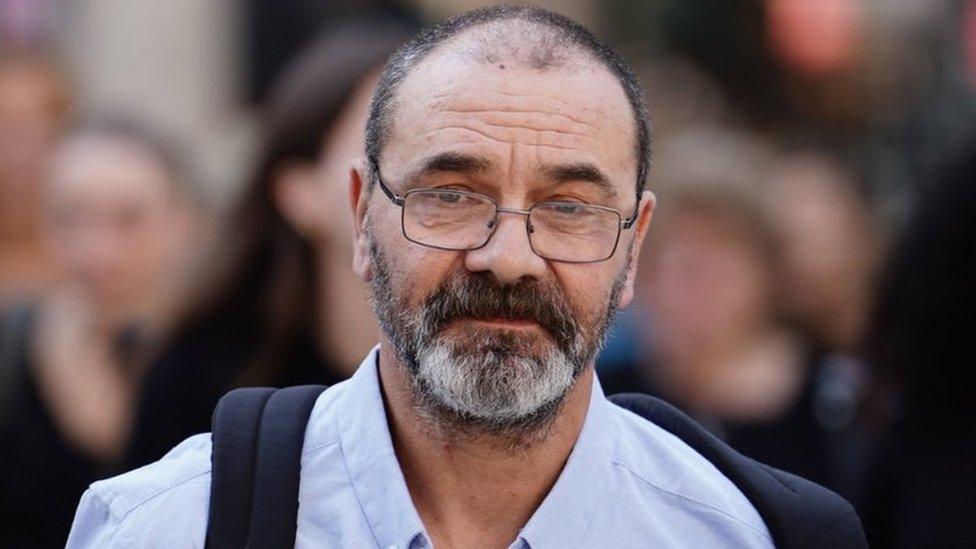
- Published26 July 2023